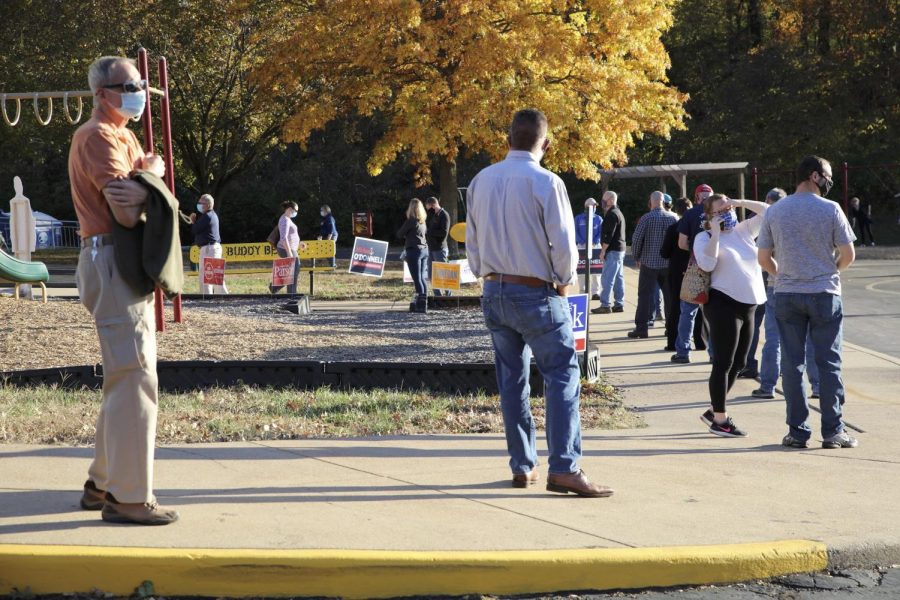
With what appears to be the imminent end of Roe v. Wade, the 1973 landmark U.S. Supreme Court ruling protecting a person’s constitutional right to an abortion, anti-abortion activists across the country are rejoicing at what they believe will be an end to abortions.
But outlawing abortions does nothing to actually end abortions. It’s estimated that 22,800 people a year die from unsafe abortions, according to a 2018 study from the World Health Organization and Guttmacher Institute. Those “unsafe abortions” (trained persons using outdated methods or untrained persons using dangerous methods, as defined by WHO) overwhelmingly occur in developing regions and countries that had the strictest access to abortion.
Like several other states, Missouri has a trigger law on its books, meaning that as soon as Roe v. Wade is overturned, abortions in the first and second trimesters will be outlawed, unless a pregnant person’s life is in immediate danger. The law makes no exceptions for situations like rape or incest.
When and if Roe v. Wade is overturned, Missouri will join the ranks of those developing nations with strict abortion access, places where it’s estimated that 220 women die for every 100,000 unsafe abortions.
Outlawing abortions will not end abortions. Instead, people with the necessary means will be able to seek out safe abortions in abortion-friendly states, while others, those who are typically lower-income, will be faced with the choice of either carrying a pregnancy that they do not want to term, or seeking out a potentially deadly underground abortion. Not to mention that the U.S. has one of the highest maternal mortality rates in the developing world, meaning that pregnancy can be just as dangerous to women as an unsafe abortion.
There is also a financial cost to bans. A May 2021 study by the Institute for Women’s Policy Research showed state abortion restrictions cost the U.S. about $105 billion a year due to reduced earning levels, increased job turnover and time off for women. The institute estimates that without restirctions, 505,000 more women would be part of the labor force, earning over $3 billion annually.
Overturning Roe is a step backward. It will be counter to the past 50 years of research that has proven that safe abortion access is a vital part of health care and is important for women’s equal participation in society.










